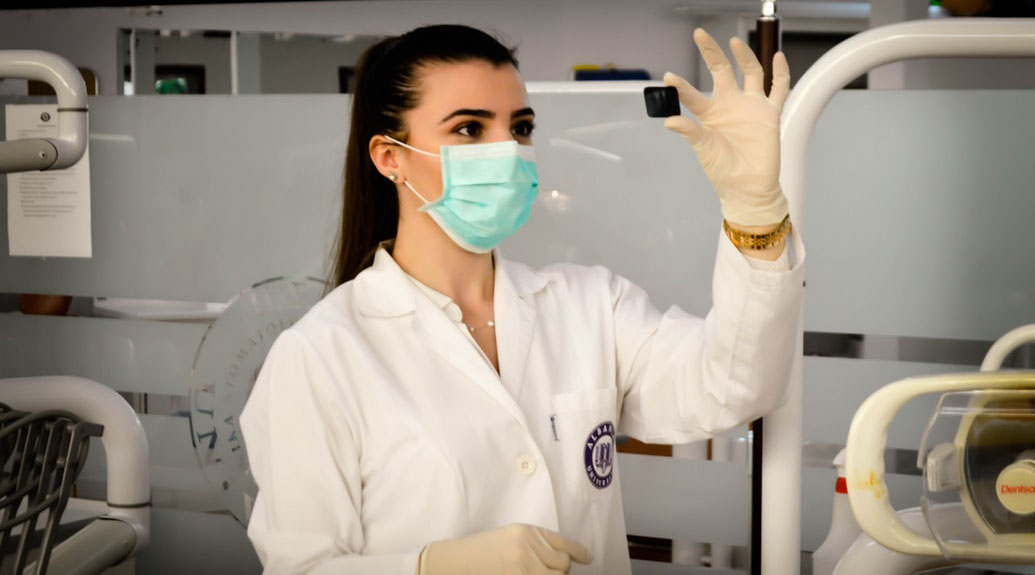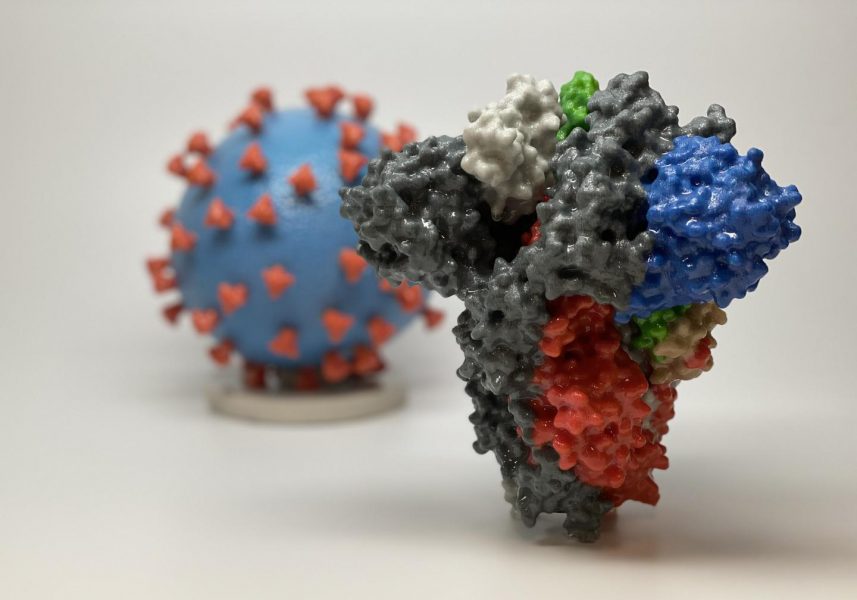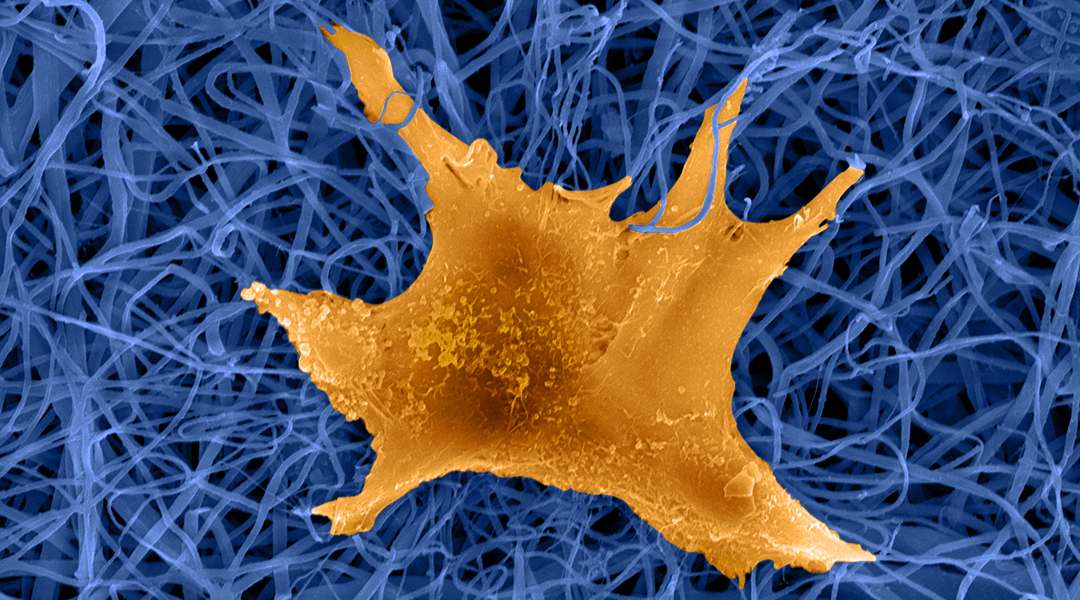Making Europe go from bottled water to the tap will require political and societal attempts to induce behavioral change to mitigate the amount of plastic currently being consumed.


Making Europe go from bottled water to the tap will require political and societal attempts to induce behavioral change to mitigate the amount of plastic currently being consumed.

Researchers at Osaka University are helping to power portable sensors that do not use batteries by generating electricity from heat that is otherwise wasted.

Around the world, cities and regions are showing significant drops in pollution and greenhouse gas levels.

Exploring advances in extracellular vesicles research made in the last ten-years and how its leading to better clinical applications.

Researchers have mapped the immune response of one of Australia’s first COVID-19 patients.

NIH clinical trial tests a new vaccine for COVID-19 in humans. While still in early stages, the team hopes to make it available as soon as possible.

Electrospinning is an emerging fabrication technology that holds great promise in advancing skin tissue engineering and in developing an array of novel therapies.

Today’s green chemistry technologies open the route to a broader and richer economy for lemons, well beyond the fresh fruit and fruit juice markets.

Will artificial intelligence expand and enhance its teaching prowess to the point where it can replace the professor in his or her traditional role?

Researchers studied two important protein mutations that are known to cause cataracts, and hope that their improved understanding will help in future treatment plans.